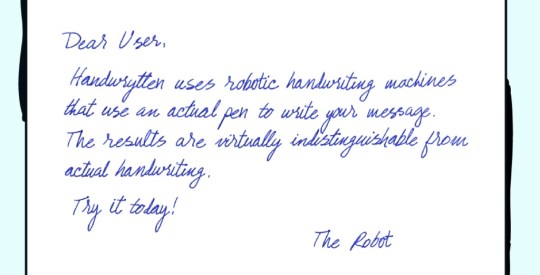While the real estate industry has witnessed the introduction of a number of spectacular and innovative developments in recent years, we still (sometimes unfairly) get tagged as “old fashioned” or “conservative.” This is especially true on the financial services side when it comes to transferring money for real estate.
There’s really no experience quite like buying a home. Let’s face it. Whether you’re a seasoned real estate investor or a first-time homebuyer, it’s a big financial transaction. That doesn’t even contemplate the emotional impact.
Thanks to a number of fairly recent advancements, it’s getting a lot easier to buy or sell a home. A process that used to involve a lot of manual paperwork has made a nice, if only partial, transition to a number of online conveniences. Today, you can research and even meet your real estate professional, post your listing or find your dream home (replete with virtual tours, funky music and voice over!) and get a pre-approval for a mortgage from the comfort of your own laptop.
Yet, there remains a dark cloud over the general perception of the part of the process that occurs somewhere between the signing of the sales agreement and the exchange of house keys — the mortgage approval and settlement/closing process. It’s there that we do have some work to do, although there’s been more going on behind the scenes than perhaps meets the eye.
Why is the industry still transferring money the old-fashioned way?
It’s certainly a question that has been asked by consumers who are used to buying their lattes with their smartphones, getting their paycheck via direct deposit and paying highway tolls with a car transponder. If one can complete financing for a college education or a car, fairly major processes in their own right, on their iPads on the backyard patio, why do they need to stand in line at the bank for a cashier’s check or anxiously await wire instructions (while hoping those instructions aren’t actually coming from a cybercriminal)?
In what other industry is the preferred method of moving a large amount of money — say, the consideration for the home purchase — a cashier’s check or the wire? In how many other industries do the professionals involved in making the transaction happen, such as the real estate agent representing the seller, have to wait for another professional to drop a handwritten check in the mail in order to be compensated?
That’s just the beginning. Ours is an industry that’s only scratching the surface as a prime target for wire fraud. And it’s already costing consumers, banks and lenders, and even service providers hundreds of millions of dollars a year.
There is an answer to this question, of course. When it comes to the use of wires, it’s speed! Period. Because of the intricate timing on a closing imposed, in part, by a web of regulations and laws, not having to wait 24 or 48 hours for the purchase money to appear in the seller’s account is important. However, why are we still sharing routing and account numbers and exposing ourselves to undue risk?
Why do we still scribble on written checks for things like earnest money or commissions, then rely on the USPS or even courier to get them safely to their intended recipient? The answer leans more towards, “that’s the way we’ve always done it,” or “I don’t have time to research and upgrade the way I do it.”
The use of multiple disparate and even siloed technologies or other means of communication between real estate professionals, service providers and mortgage lenders doesn’t help matters.
“The way we’ve always done it” is the archenemy of improvement
The continued use of archaic means to transfer funds throughout our industry will continue to mar the efficiency of the process and the consumer experience. The collective justification of using those means will not appease the consumer, much longer. Not when one doesn’t need a wallet or even a credit card to make a purchase elsewhere.
There are technologies already in the marketplace such as electronic disbursement platforms that could quickly make paper checks all but obsolete throughout our industry. These innovations don’t just speed the process; they also add elements of security from encumbrances of fraud that our previous system lacks.
So it’s time to ask the question. Why are we still writing checks and sending wiring instructions again?
Jason Doshi is the CEO and Co-Founder of Paymints.io.
This column does not necessarily reflect the opinion of HousingWire’s editorial department and its owners.
To contact the author of this story:
Jason Doshi at [email protected]
To contact the editor responsible for this story:
Sarah Wheeler at [email protected]



